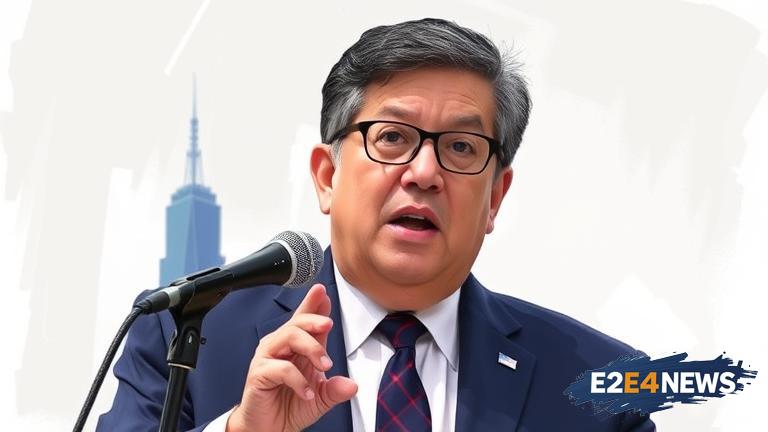In a bold move, Illinois Governor J.B. Pritzker has publicly warned President Donald Trump not to visit Chicago, citing concerns about the potential for unrest and violence amid a recent military deployment in the city. The governor’s statement comes as the city is already on high alert, with many residents and officials expressing anxiety about the presence of military personnel on the streets. The deployment, which was announced earlier this week, is intended to support local law enforcement and maintain order in the face of rising tensions and protests. However, many in the community are skeptical about the need for military intervention, and some have raised concerns about the potential for excessive force and human rights abuses. Governor Pritzker’s warning to President Trump is seen as a clear signal that the city is not welcoming of the president’s presence, particularly given his history of divisive rhetoric and controversial policies. The governor’s office has stated that the decision to warn the president was made in consultation with local law enforcement and community leaders, who are working to de-escalate tensions and promote peaceful dialogue. Despite the warnings, it is unclear whether President Trump will heed the governor’s advice and avoid visiting Chicago. The president has a history of disregarding advice and pushing boundaries, and some speculate that he may still attempt to visit the city in defiance of the governor’s warning. If the president does visit Chicago, it is likely to spark widespread protests and demonstrations, which could potentially turn violent. The city is already on edge, with many residents and business owners expressing concerns about the impact of the military deployment on daily life and commerce. The situation is being closely monitored by local and national media, with many outlets providing live updates and analysis of the developing situation. As the situation continues to unfold, Governor Pritzker’s warning to President Trump is being seen as a key moment in the city’s response to the military deployment. The governor’s decision to speak out against the president’s potential visit is being hailed by some as a brave and necessary move, while others are criticizing it as an overstep of authority. Regardless of the outcome, the situation in Chicago is a stark reminder of the deep divisions and tensions that exist in American society, and the need for leaders to prioritize dialogue, empathy, and understanding. The city’s response to the military deployment is also raising important questions about the role of the military in domestic law enforcement, and the potential consequences of militarizing urban areas. As the city navigates this complex and challenging situation, residents and officials are working to find ways to promote peace, justice, and reconciliation. The situation is a reminder that the relationship between the government and the military is complex and multifaceted, and that the use of military force must always be carefully considered and justified. In the coming days and weeks, the city will be closely watching the situation and working to find ways to address the underlying issues that have led to the current tensions. The governor’s warning to President Trump is just one part of a broader effort to promote peace and stability in the city, and to ensure that the rights and dignity of all residents are respected and protected. As the situation continues to evolve, it is clear that the city will be facing many challenges and uncertainties in the days ahead. However, with the leadership of Governor Pritzker and the efforts of local officials and community leaders, there is hope that the city can find a way forward that prioritizes peace, justice, and the well-being of all residents.
